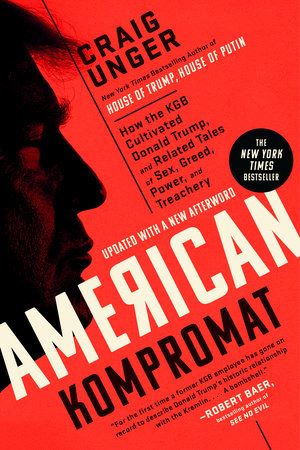Why does Trump defend Putin so often?
Donald Trump, a billionaire real estate developer who served as the 45th president of the United States from 2017 to 2021, has often defended or expressed sympathy for Russian leader Vladimir Putin. Trump, who claims that his defeat in the 2020 presidential election was the result of a fraud, called the man who had rigged all Russian presidential elections a “genius” and “brave” for Moscow’s invasion of Ukraine.
The public comments from Trump fit into a personal pattern of relatively warm rhetoric for the Russian autocrat (as well as the Chinese and North Korean counterparts), which sharply contrast with his cold approach for NATO and U.S. allies in Europe.
More to read:
Trump wants to change America dramatically during his second term. To worst.
While some media and political opponents say that Trump merely rewards the Kremlin for its interference in the U.S. elections – trying to persuade American voters to choose the Republican candidate – and Putin’s praise for Trump, a New York Intelligencer journalist ran a story in 2018 that Russia may have had secret leverage over the then sitting U.S. president and in 2022 an author published a bestseller openly accusing Trump of being a Kremlin asset since the 1990s.

The cover of the book by Craig Unger about Trump. Image: Penguinrandomhouse.com
Jonathan Chait collected evidence based on Trump’s comments at public rallies, media interviews, and private conversations that Russia has had influence on the former president and even charged him with political ambitions during a July 1987 visit to Moscow.
More to read:
If elected, Trump would not help European allies militarily
The journalist’s story said, among others, the following:
“During the Soviet era, Russian intelligence cast a wide net to gain leverage over influential figures abroad. (The practice continues to this day.) The Russians would lure or entrap not only prominent politicians and cultural leaders, but also people whom they saw as having the potential for gaining prominence in the future.







